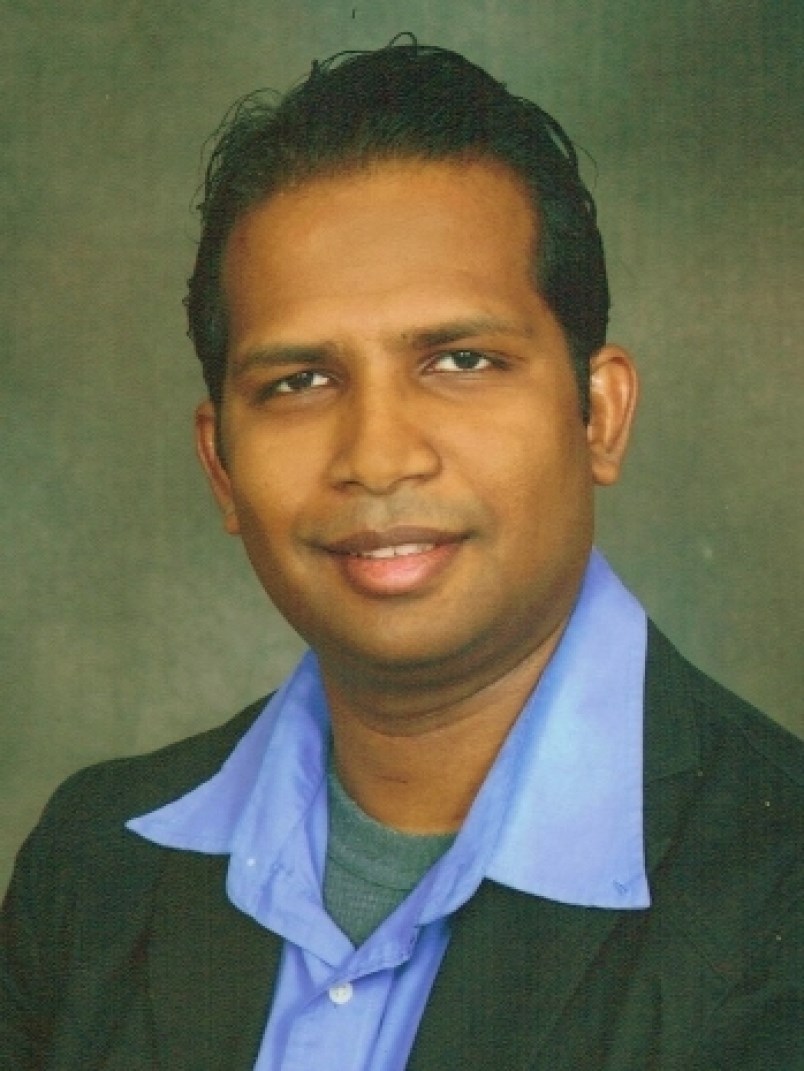A Thompson psychologist and other mental health and wellness professionals are hoping to create a 10-bed residential treatment facility for youth aged 13 to 18 in Thompson that will incorporate western and Indigenous practices.
Dr. Nuwan Fonseka of the Integrative Mindfulness Centre in Thompson says the north has a gap when it comes to helping youth dealing with trauma and that sending them into an unfamiliar urban environment like Winnipeg can often sabotage their chances of success.
“All the children will be sent to Winnipeg and the city for long-term trauma treatment,” he explains. “We find that they’re not very successful with recovery because they don’t have the same geographical and cultural, social and family dynamic environment. If you send a child from Shamattawa to a Winnipeg urban treatment centre, we found he’s dropping out at a very early stage of treatment or even he’s completed some stages of treatment but he’s not really getting anything.”
The proposed Oskatis Minoayaawikamihk residential treatment home for youth in Thompson would combine practices like cognitive behavioural therapy along with physical exercise and land-based cultural activities.
Among those assisting Fonseka with developing the concept are Mary Azure-Laubmann and Karl Laubman, knowledge keeper David Sanderson and social workers Kathy Jensen and Lindsay Binns, all of whom will present during a Zoom webinar with Fonseka May 17 at 10:30 a.m.
“The idea behind this treatment facility is to integrate evidence-based trauma support practices with traditional aboriginal land-based cultural knowledge activities and practice,” Fonseka says. “We’re basically integrating those two types of professionals.”
Keeping youth in a more familiar environment while they are seeking treatment, which could run as long as six to nine months, will be better for them and their families, Fonseka feels.
“They have so much ability to connect and function with their culture and parents and families at the same time they’re doing this treatment,” he said. “We need to create their own healing environment with the community.”
The initial plan is for the treatment centre to provide services to male youth and possibly expand to include female youth in the future.
The May 17 webinar is open to professionals who work with at-risk youth, including child protection agency workers, social workers, parents and foster parents and others. To register for the Zoom presentation, email [email protected].




